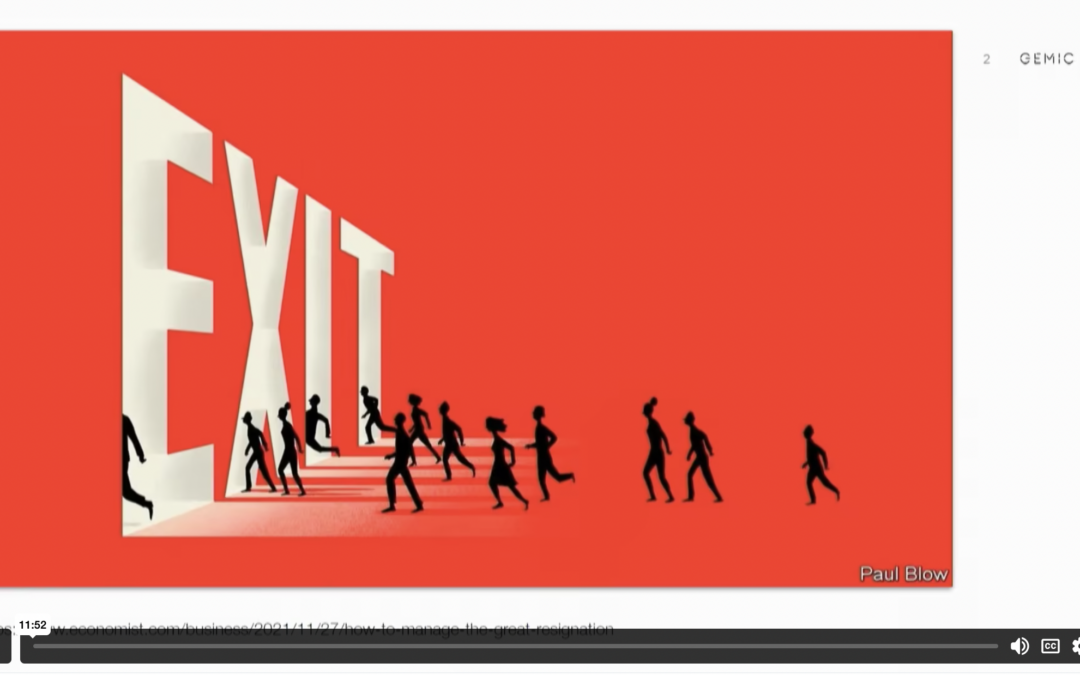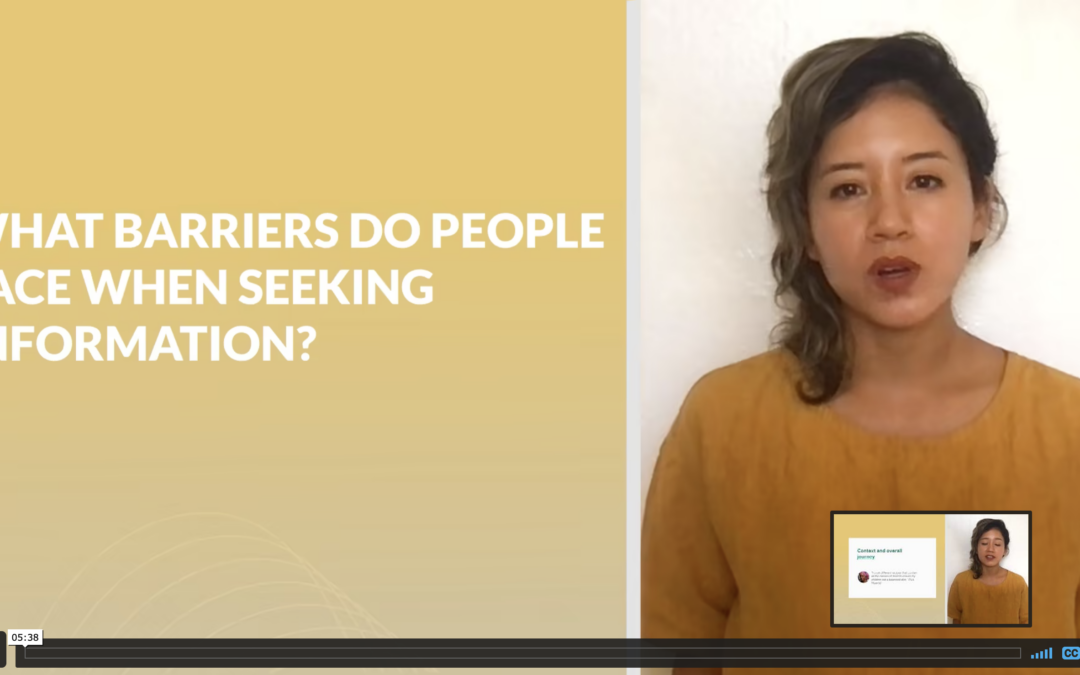This case study by a pan-African UX research and design agency offers key insights for companies attempting to...


This case study by a pan-African UX research and design agency offers key insights for companies attempting to...

This paper examines LLM deployment through African lenses that engage the continent’s complex social,...

This paper explores recent developments in anti-work theory to identify key learnings for ethnographers in industry. It focuses in particular on how anti-work perspectives allow us to rethink the managerial...

While billions of people are established internet users, there are still billions of new users who have just come online in recent years and this growth will continue, especially on mobile in non-Western countries. Information seeking is essential to online behavior across the world, yet many...

In 2022, UNICEF launched the Adolescent Girls Programme Strategy to enhance programming for adolescent girls,...

In 2012, the government announced a cashless policy to see the country move towards a cashless future. Over the...